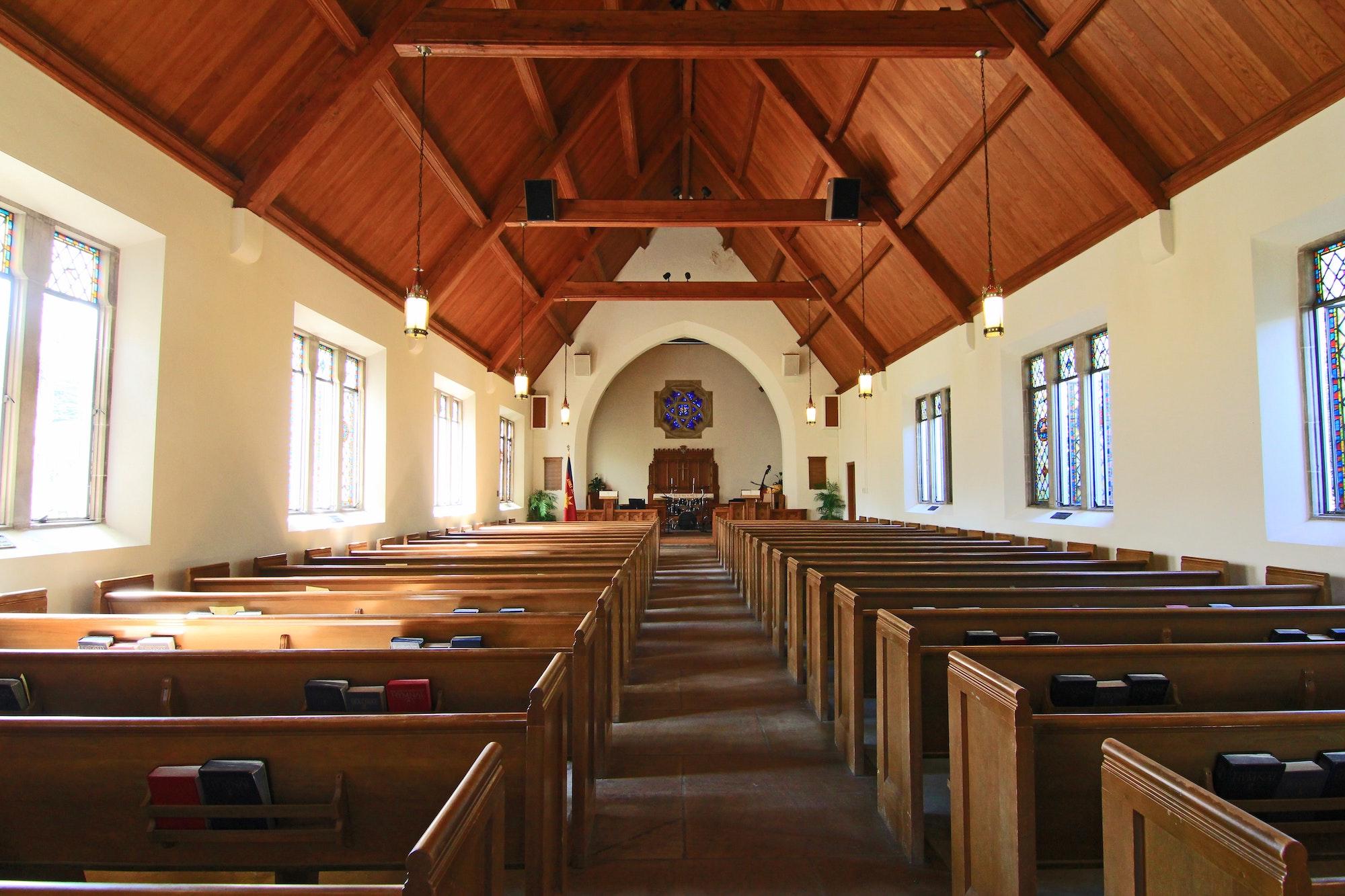This is part 2 of a 2 part series: Part 1
Guidance For Churches Seeking Outside Help for Counseling
Last week, I laid out four reasons a church should counsel as part of their ministry to their members and as a result, some of you might think that I am implying that a local church should not seek the assistance of “outside” help. Nothing could be further from the truth. Let me nuance my strong commitment for the local church to do counseling with the following qualifications.
Don’t Outsource By Default
There is nothing unbiblical about seeking outside assistance. But just because you feel overwhelmed by a counseling opportunity, don’t immediately think you must outsource your care. When a church immediately out-sources counseling it misses the opportunity to grow both individually and as a community.
When I was a pastor, I remember facing a very challenging counseling case. She was a young woman in her early 20’s who had been sexually abused in her early teens. Now, she was cutting, struggling with eating disorders, and very depressed. I immediately got on the phone and called a respected professional counselor who recognized and emphasized the importance of the local church. Why did I do this? Because he had more experience than I did but I wanted to learn. After describing this young woman’s problems and asking for advice, he said that this would be a very challenging but rewarding person to counsel. He was right! I grew as a pastor, my family grew as we reached out to her and the church grew as she was welcomed into meaningful, redemptive relationships with other Christians. Had we immediately outsourced the care of this young woman to a professional, we would have missed the opportunity to grow in love for other people and she would have potentially missed receiving care from the body of Christ.
Recognize the Power of the Normal Means of Grace
Remember that even if you send someone for outside help, the person still spends very little time with a professional counselor; usually 1-2 hours a week. While those hours can be very helpful, they are hardly enough to give the person the complete help that they need for the other 166 hours of the week. I recently spoke to a pastor who frequently out-sources his counseling to a professional in his area. I asked him a few questions that revealed a typical pattern. He said that nearly half of the people he refers never go and of the half that do, very few go consistently. Why do we have a tendency to minimize the power of the normal means of grace in a person’s life? The Word of God, prayer, being in the company of other believers, corporate worship, the sacraments, and service to others? While I don’t want to minimize the need for a more skilled person, a counselee will always need daily exposure to the means of grace. If you do refer someone make sure they are going and don’t assume that is all they need.
Seek Outside Help When You are Over Your Head
While you don’t want to out-source counseling by default, you do want to recognize your own limitations of time, wisdom, and experience. Thankfully, the body of Christ is not limited to you or your own local church. While you may be committed to counseling in your local church, it doesn’t mean that your counseling has to be limited to the resources in your particular church. There are resources within the broader body of Christ which include services like counseling, crisis pregnancy assistance, food and clothing assistance to name a few. Sometimes seeking outside help means picking up the phone and calling a skilled, wise counselor who has a lot of experience and case wisdom. You may want to tag-team with someone. You may seek the help and services of a good physician or psychiatrist. In order to do this well, means you have to do your homework and ask a lot of questions. Here are some basic questions to ask as you work with others:
Will they work with your church to provide the best help possible which will include the resources within your local church?
What model of counseling is foundational to the way this person provides care? Is it consistent with a solid emphasis on progressive sanctification that is gospel-centered?
Do they see the benefits and necessity of the normal means of grace in a person’s life?
How might they incorporate the Bible in their counseling methodology? Do they just give proof-texts or do they embed passages within their broader context of redemptive history?
Do they give proper emphasis to a person’s physiological, sociological and historical influences without overlooking the central importance of the spiritual/theological motivations?
Seek Outside Help If Someone’s Life is in Danger
The most obvious time to refer is when someone is threatening their own life or the life of another person. Suicide, domestic violence, and situations like this require immediate intervention by professionals. Allowing the civil authorities to intervene in the midst of a crisis can be a very loving thing to do. Because of God’s common grace, these organizations are an appropriate place to turn for help in times of crisis. Even then, your care of the person is just beginning. Eventually they will be released from the hospital or care facility and your work with them begins anew. And depending on how long they have been under the oversight of the institution, the likelihood of them being persuaded by a diagnosis and cure that are not fully and robustly Biblical increases.
So, what am I saying? The local church should be involved in helping those with counseling needs whenever possible. There are many resources a church can offer someone that a professional who sees a person once a week cannot. However, you also need to know when to refer. There are some problems that really need the expertise offered by a skilled and wise counselor, and hopefully this can be a part of a joint effort with the church to offer help to those who need it in a comprehensive way.
***
This is part two of a two part series: Part 1


